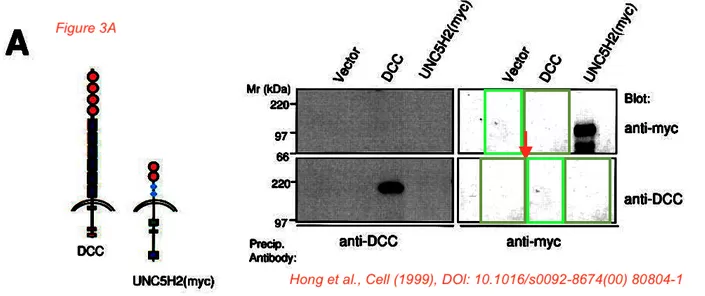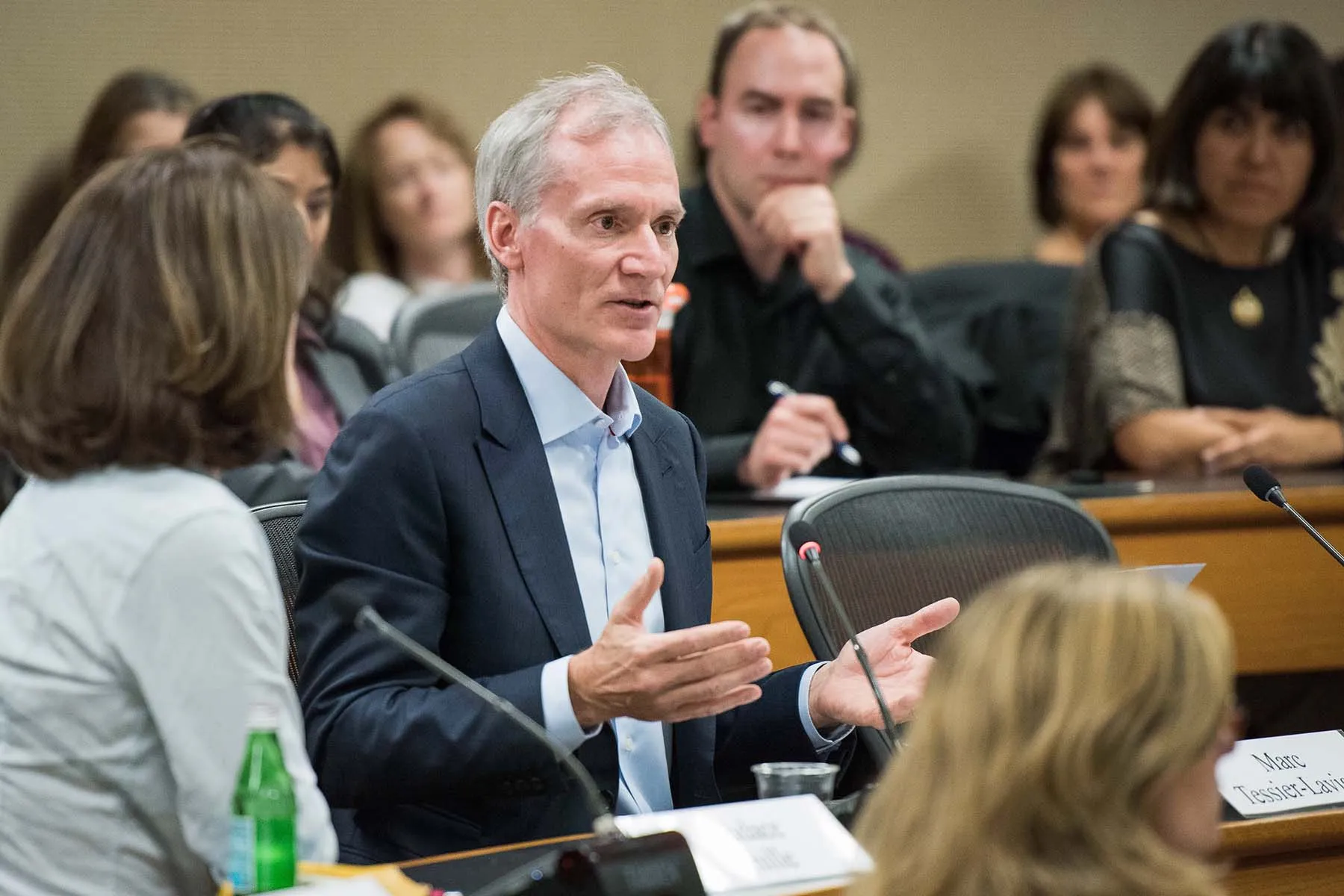Stanford has opened its own investigation into President Marc Tessier-Lavigne’s research after a piece unveiling seven years of scientific misconduct allegations was published by The Daily on Tuesday morning. The Daily outlined four papers with Tessier-Lavigne credited as an author which, according to research misconduct expert Elisabeth Bik, contain “serious issues.” The issues were corroborated by two other researchers.
According to spokesperson Dee Mostofi, the University will “assess the allegations presented in the Stanford Daily, consistent with its normal rigorous approach by which allegations of research misconduct are reviewed and investigated.” The investigation will be overseen by the Board of Trustees.
In addition to the four papers The Daily previously reported on, the University’s investigation may include a fifth paper Tessier-Lavigne co-authored in 1999 in the journal Cell.
This paper, which was not mentioned in The Daily’s questions, was included in the University’s statement last night. According to the University, the paper contained errors which were brought to Tessier-Lavigne’s attention at the same time as the two Science articles described in detail in the initial Daily piece.
Mostofi wrote that Tessier-Lavigne reported the errors to Cell but its “editorial team concluded that ‘we do not see it as necessary or appropriate to publish a Correction and we consider the matter closed.’”
Bik told The Daily last month that concerns over the paper were mostly unimportant. However, upon another review, she said she identified areas “where parts of different blots appear to have been copied and rearranged” in Figure 3A. Unlike the issues which had been identified in 2015 and apparently reported to Cell by Tessier-Lavigne, Bik said the error she saw in her most recent analysis on Tuesday appears to be “a very serious one.”
Contesting the University’s position that the image alteration was irrelevant to the overall data, Bik wrote, “These are not irrelevant, buffed up areas, but areas representing experiments. That is a very big one.”
The Daily has reached out to the University for comment on Bik’s most recent analysis.

The University and Tessier-Lavigne did not respond to questions about the breadth of the investigation, how it will be conducted, who made the decision to investigate, when the board was informed of potential alteration in Tessier-Lavigne’s papers and how long the review will take.
Tessier-Lavigne, publicly commenting for the first time on these papers, said through the spokesperson: “Scientific integrity is of the utmost importance both to the university and to me personally. I support this process and will fully cooperate with it, and I appreciate the oversight by the Board of Trustees.”
He did not respond to The Daily’s request for an interview to address or provide explanations for the allegations point-by-point.
Though Tessier-Lavigne is a member of the Board of Trustees as Stanford’s president, he will not be involved in the investigation into his own research, Mostofi wrote.
It is unclear what the investigation will show. According to Matthew Schrag, a prominent researcher whose exposé of a major Alzheimer’s paper sent shockwaves through the scientific community earlier this year, “There are potential problems with data in a few studies which may warrant investigation and correction, but these concerns do not appear to represent a systematic issue throughout Dr. Tessier-Lavigne’s extensive and influential body of work.”
He wrote in an email that “if the original data is still available, releasing it would likely clarify the majority of these concerns.”
Tessier-Lavigne and the University have not responded to The Daily’s questions about whether Tessier-Lavigne would release original data. Several researchers The Daily spoke with expressed concerns about the ability to complete a formal review without original data.
The Daily has reached out to representatives from Cell, Science and The EMBO Journal to ask whether they will participate in the University’s investigation and to corroborate Tessier-Lavigne’s account.
Should the University follow standard practice, one researcher, who requested anonymity due to the sensitivity of the allegations, said requesting original figures would be the first step in any investigation and the University may seek to bring in outside investigators.
